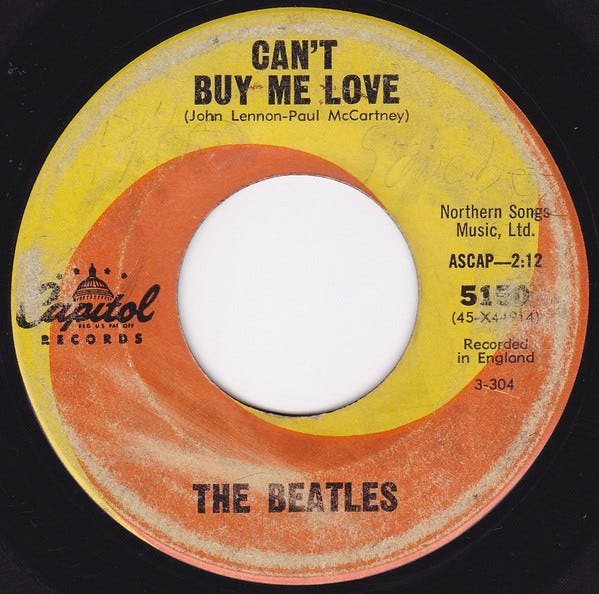To Have What Cannot be Bought
Money can't buy you loyal and honest friends—but a shared life with people you can really level with is a rare luxury.
How do I find friends? Where can I go to live in a decent community? After the pandemic exposed the extent to which our social and cultural institutions have broken down, these questions are ubiquitous. The common advice given is to take up various hobbies in order to meet people, and to bloom where we’re planted. That’s fine as far as it goes, but thes…



